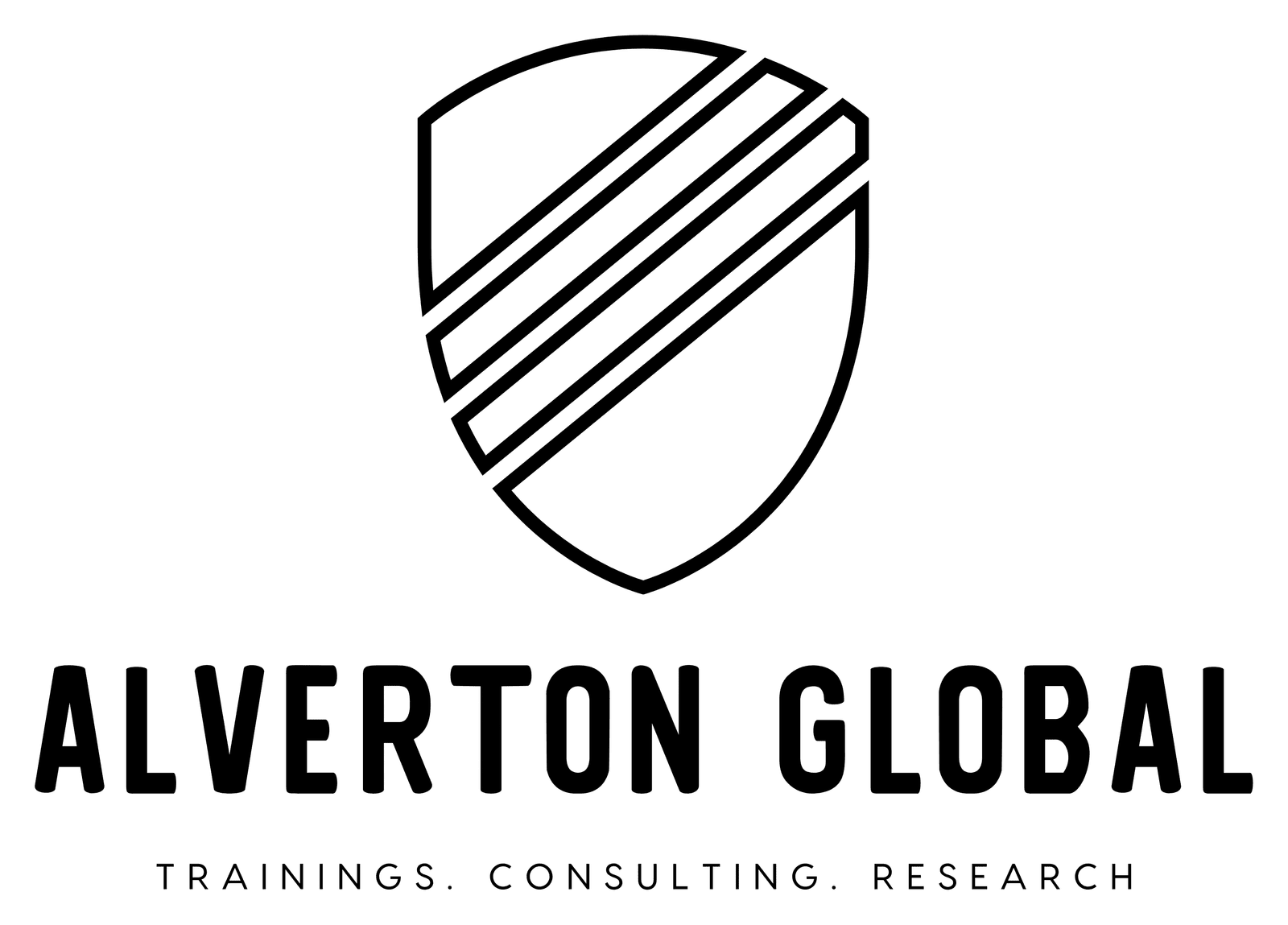This course delivers critical skills for managing the logistics and supply chain operations of humanitarian aid and NGO programs. Participants will gain practical tools to ensure timely delivery of goods, services, and resources in crisis-affected environments while minimizing cost and maximizing efficiency.
Learning Methodology
Real-world logistics simulations
Supply chain mapping exercises
Case studies from disaster response and emergency relief
Hands-on training with procurement and inventory tools
Interactive expert-led sessions
Learning Outcomes
By the end of the course, participants will be able to:
Design and manage end-to-end humanitarian supply chains
Procure, transport, and store relief goods effectively
Apply international procurement standards and compliance protocols
Coordinate with government, military, and humanitarian actors during emergencies
Build resilient logistics systems for long-term development programs
Delivery Format
Duration: 5 Days (In-person or Live Virtual)
Locations: Nairobi, Kigali, Addis Ababa, Dubai, Johannesburg, Accra
Format: Trainer-led workshops, simulations, and case reviews
Certification: Issued by Alverton Global
Course Features
- Lectures 21
- Quiz 0
- Duration 5 days
- Skill level Expert
- Language English
- Students 3
- Certificate Yes
- Assessments Yes
- 7 Sections
- 21 Lessons
- 5 Days
- Introduction to Humanitarian Logistics3
- Supply Chain Design and Coordination3
- Procurement and Sourcing3
- Inventory and Warehouse Management3
- Transportation and Distribution3
- Emergency Logistics and Rapid Response3
- Simulation Exercise: Emergency Response Logistics Plan3
Requirements
- Experience in field operations, procurement, or logistics preferred
- Functional computer skills and familiarity with NGO work environment
Features
- Realistic logistics simulations
- Templates aligned with international donor requirements
- Crisis and development supply chain integration
- Designed for African and global humanitarian contexts
- Certification by Alverton Global
Target audiences
- Logistics Officers and Field Coordinators
- Procurement and Supply Chain Managers
- Humanitarian Program Officers
- Emergency Response Teams
- NGO and INGO Project Staff working in relief settings





